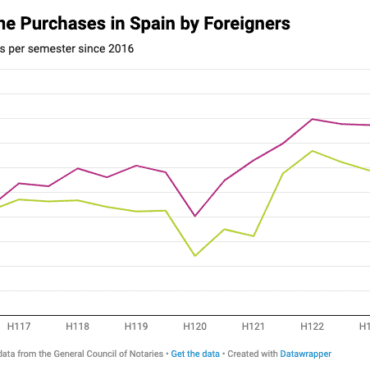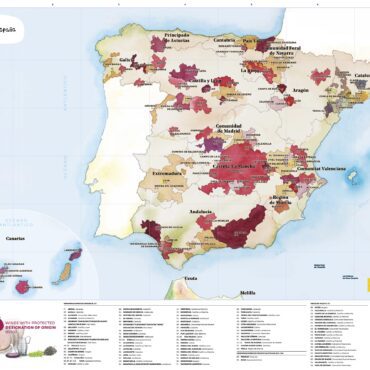-
 play_arrow
play_arrow
BayRadio Listen Live Broadcasting in Spain
“Spanish Government Mandates Gender Pay Equality with Mandatory Parity Approval”


The Spanish government’s decision to approve the draft Law on Equal Representation of Women and Men in Decision-making Bodies is a significant move towards achieving gender parity in various sectors in the country. The law, which was approved on the eve of the International Women’s Day, is aimed at increasing the presence of women in the decision-making process in areas such as boards of directors of large companies, governing boards of professional colleges, and juries of public recognition.
The proposal for this law was announced by the President of the Government, Pedro Sánchez, last Saturday, who emphasized the need for the norm, stating that “if women are half of society, they must be half of political and economic power.” He called the rule “pioneering” and said that it would extend parity to all areas, including the private sector, where women’s presence in management positions in large companies and professional colleges will be encouraged.
The draft law will mandate rack electoral lists and parity, ensuring that at least 40% of the underrepresented sex is represented in decision-making bodies, including the Council of Ministers. The law will also impose sanctions for those who fail to comply with these requirements, thus tightening the current legislation on effective equality between women and men approved in 2007 by the government of José Luis Rodríguez Zapatero.
The law also provides for the establishment of ‘zip lists’ in electoral candidatures, which will mean that women and men must appear in alternate order on the ballot. This, it is estimated, will increase the presence of women in bodies such as the Congress of Deputies. Currently, only 44% of the seats in Congress or 39% of the Senate are held by women.
The law will establish a minimum of 40% of women in the management of any listed company or public interest entity with more than 250 employees and 50 million annual turnover. This is expected to increase the number of women in leadership positions, which will ultimately lead to more diverse and inclusive decision-making processes in these organizations.
The Spanish government’s decision to approve this law is an “exercise of responsibility” that will guarantee “governing whoever governs in Spain, that parity no longer depends on the political sensitivity of whoever is in charge of the Executive.” This law is a significant step towards achieving gender parity in Spain, and it is hoped that other countries will follow suit in their efforts to promote gender equality in all spheres of life.
Written by: BayRadio News
Similar posts
Recent Posts
- Robotic Surgery for Prostate Cancer: What Is Radical Prostatectomy and How Does the Da Vinci Robot Improve It
- What Is Fibromyalgia? Symptoms and Treatments of an Invisible Illness That Requires Specialized Attention
- AMASVISTA Glass: 10 reasons to choose SUNFLEX glass curtains
- Robotic Surgery, Immunotherapy and Comprehensive Care Take Centre Stage at Pancreatic Cancer Conference at Quirónsalud Torrevieja
- Robotic Surgery Against Ovarian Cancer: Greater Precision, Less Pain and Faster Recovery

Ctra. Cabo La Nao, CC La Nao, Local 6 03730 Javea, Alicante, Spain
Advertise with us
Do you have a business in Spain? Do you provide a service to the expat community in Spain? Would you like your message to reach over 500.000 people on a weekly basis?
BayRadio is a community orientated radio station offering fantastic content to our many listeners and followers across our various platforms. Contact us now and find out what Bay can do for you!
Our business is helping your business grow.
BAY RADIO S.L. © 2024. ALL RIGHTS RESERVED. WEB DESIGN BY MEDIANIC







